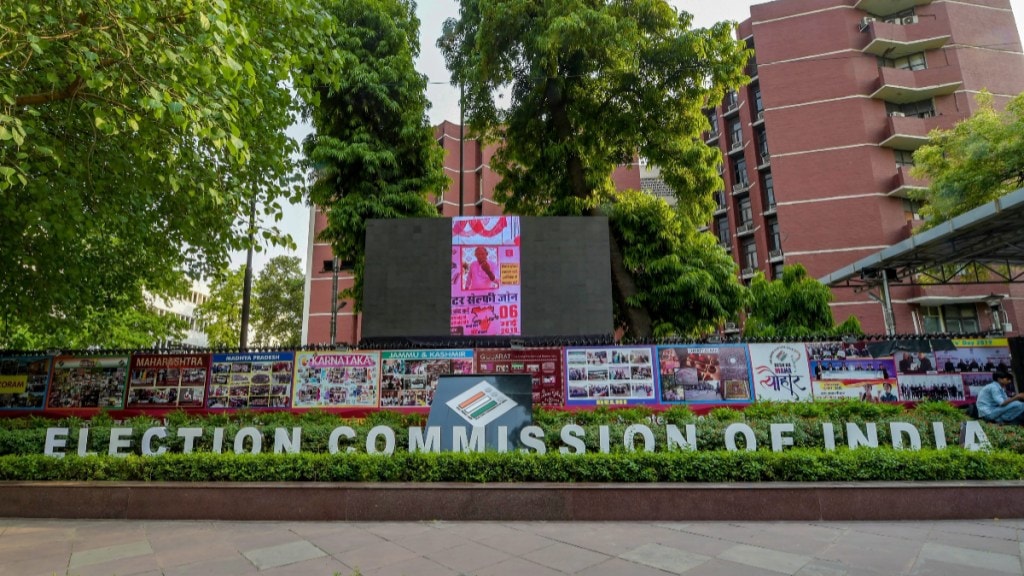The Election Commission (EC) is preparing to carry out a nationwide special intensive revision (SIR) of electoral rolls. Ahead of this, Chief Electoral Officers (CEOs) of states and Union Territories may hold meetings with political parties, something that was not done when the SIR began in Bihar in June.
The EC had ordered the SIR on June 24, requiring all registered voters to fill new forms. Those added after the last intensive revision must also submit documents proving their eligibility. Bihar was the first state to undergo this revision because Assembly elections are coming up there, and the final electoral roll will be published on September 30. The EC has yet to decide when the SIR will happen across the rest of the country.
SIR preparation and controversy
The EC held a conference with all CEOs on September 10 in New Delhi. Bihar’s CEO shared strategies, challenges, and lessons learned from the state’s SIR so that other states can prepare effectively.
The nationwide SIR has faced legal challenges in the Supreme Court. Opposition MPs have filed petitions questioning the EC’s authority and alleging that the exercise could act as a backdoor National Register of Citizens (NRC).
The EC countered that it is allowed to verify the citizenship of voters under Article 326 of the Constitution, which states that only Indian citizens can be enrolled as voters. The EC added that checking eligibility under Article 326 does not affect a person’s citizenship.
Bihar SIR highlights
In Bihar, all 7.89 crore registered voters had to submit enumeration forms by July 25 to remain on the draft roll. Around 65 lakh names were removed as voters were found deceased, shifted, registered at multiple locations, or untraceable.
The final roll may see more deletions, as people added after January 1, 2003, must submit documents proving their own or their parents’ date and place of birth. These rules follow the Citizenship Act, 1955.

